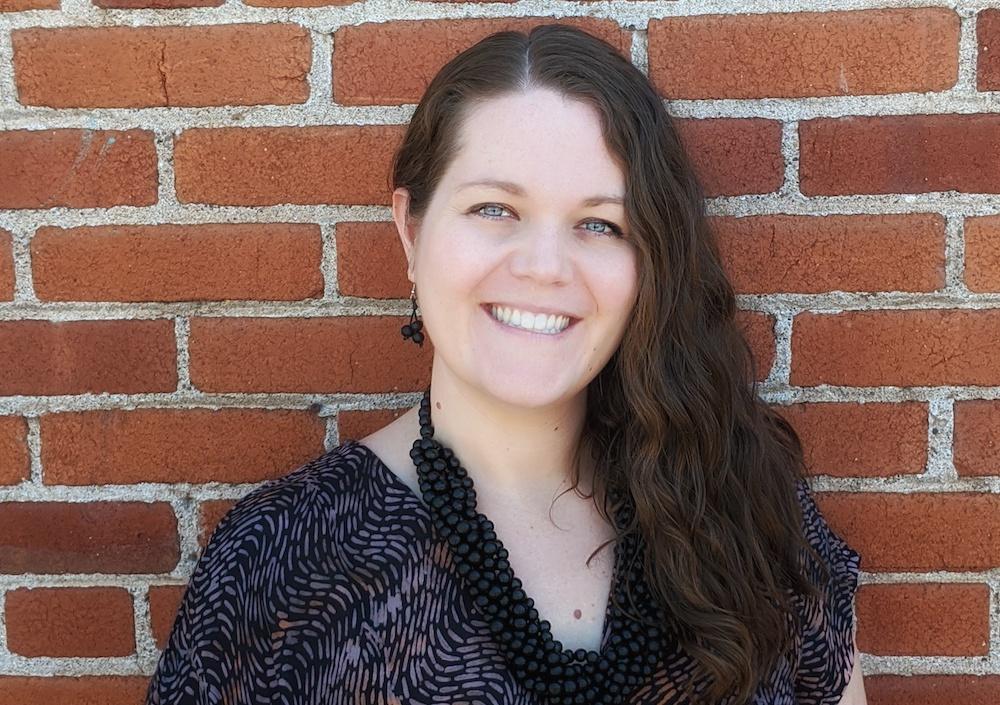The QEC designs, updates, and implements Oregon’s Quality Education Model (QEM). How does this model determine what’s required to deliver a quality education?
The QEM focuses on two elements: first, the cost of running a public school in Oregon; and second, the performance of our education system, based on the state’s accountability data. What’s really interesting about the model is the way it ties together professional judgment with statistical analysis. For example, the QEM estimates both the cost and effects of implementing different policy options, but it requires some professional judgment to select those policies and estimate the effects appropriately. To do this, QEC Commissioners consider available research and data when they set the assumptions and scenarios that drive the QEM’s statistical analysis.
You’re a champion for community-driven research and community-centered data. How will that inform your leadership with the QEC?
Too often, education research and best practices are created and tested in very specific places, with certain communities, and under unique conditions. It simply doesn’t reflect the rich reality that Oregon’s communities are extremely diverse, both across our state and within unique places. For example, there is tremendous diversity across communities and identities and cultures in Central Oregon where I live, and what works across the region is just as diverse.
So I’m a big proponent of co-designing models and evaluation with community. And in that vein, I’m curious to learn how the QEC gathers wisdom and input from across Oregon’s communities to identify the best practices they’d like to see in play at our schools. It’s something I look forward to advocating for as a QEC commissioner.
The last year has uplifted new opportunities—and uplifted the long overdue need—to reimagine and reinvent the systems that serve children. In what ways is that true for the work of the QEC?
Yes, the traditional ‘model’ of education delivery and accountability has, in many ways, been turned upside-down. We’re entering an important moment where we can reconsider the inputs and outputs of our public education system, and what’s missing from Oregon’s current formula for a ‘quality education’—factors like inclusive school climate, connections to caring adults, and a sense of fairness and belonging for every child.
The movement for racial justice is refocusing what we mean by public education as a public good. I’m hopeful that the QEC will look at the traditional indicators of student performance and system accountability embedded in the Quality Education Model with fresh eyes. We have to apply a racial justice lens, especially in light of the COVID-19’s disproportionate impacts on student experiences, learning conditions, and access to education.
